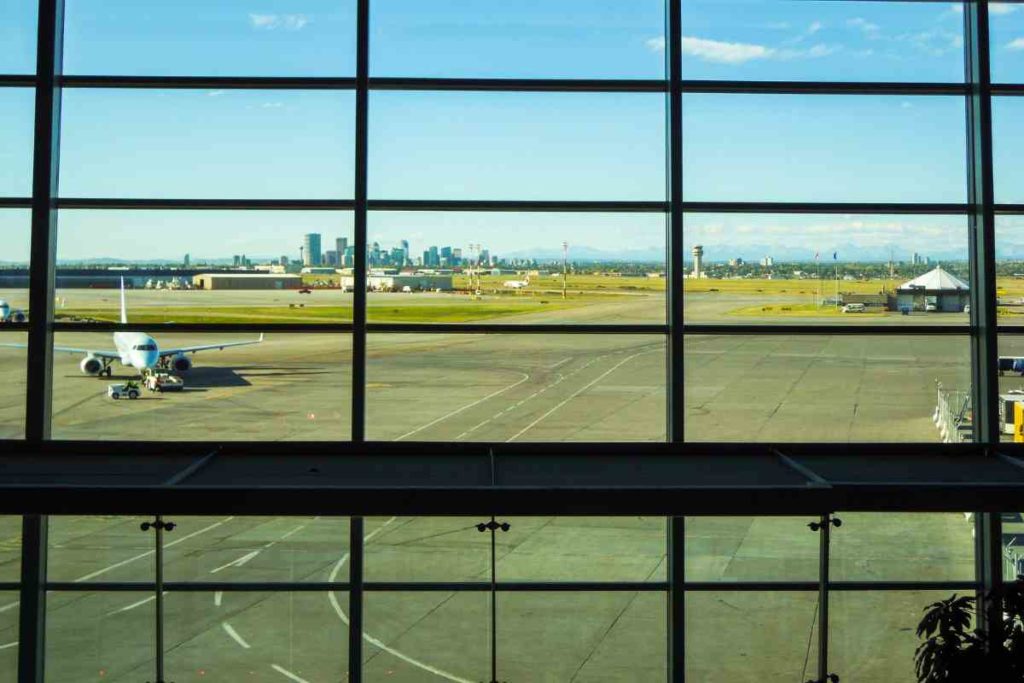Arriving in Canada: Navigating the Airport and Initial Settlement: Ah, Canada! A nation of breathtaking landscapes, friendly faces, and untapped opportunities. But before you get lost in the beauty of the maple leaf country, there are certain essentials to know. Arriving in a new country can be overwhelming, but worry not; we’ve got your back.
The excitement of landing in Canada
Emotions during the landing
Did you feel that flutter in your stomach as the plane touched down? That’s a cocktail of excitement, anticipation, and nervousness. Every immigrant has thought it. This new journey promises fresh beginnings, which come with a fair mix of emotions.
First glimpses of the Canadian landscape
As you peered out of your aeroplane window, you probably caught sight of vast stretches of snow (depending on the season) or the urban charm of cities like Toronto or Vancouver. It’s a teaser of all the explorations awaiting you!
Navigating the airport: Step-by-step
Clearing immigration
One of the most critical steps is the immigration checkpoint. Keep your passport, visa documents, and any other relevant paperwork ready. Remember, patience and honesty are essential.
Collecting baggage
Head to the designated carousel, collect your luggage and ensure everything’s intact. Misplaced luggage? Immediately report it to airport staff.
Going through customs
Declaring items in Canada is essential. Be transparent about what you bring in, especially if you’re unsure aba thinghing. Better safe than sorry!
Transport options from the airport
Be it taxis, buses, or airport shuttles; there are several ways to reach your destination—research in advance to avoid last-minute hassles and expenses.
Tips to overcome jet lag quickly
Staying hydrated
Drink plenty of water to flush out toxins and stay energetic. Avoid caffeine or alcohol, as they can mess with your sleep schedule.
Also, Read Pre-Departure Tips: What to do before leaving for Canada
Adjusting your sleep schedule
Try aligning with the local time zone a few days before your flight. Once you land, resist the urge to nap during the day.
Essential documents to keep handy
While you might have a stash of documents, keep your passport, visa papers, and any work or study permits within easy reach. It’ll save time during various processes.
The process of initial settlement
Finding temporary accommodation
Whether it’s a hotel, a friend’s place, or temporary lodging, ensure it’s a safe area within your budget.
Opening a bank account
Having a local bank account makes transactions seamless. Visit a nearby bank, and they’ll guide you through the process.
Understanding the local transportation
Familiarize yourself with buses, trains, and other modes of transport. Grab a local map or use Google Map apps to plan routes.
Shopping for essentials
From winter gear to kitchen utensils, you’ll need to stock up. Local markets or supermarkets are your best bet.
Adapting to Canadian culture
Embracing the friendly nature
Canadians are known for their warmth. Smile, say ‘hello’, and you’re bound to make friends in no time!
Understanding Canadian etiquette
From queuing up patiently to tipping generously, familiarize yourself with the local norms.
Conclusion
Remember, every immigrant has their own unique story, and this is the beginning of yours. Embrace the challenges, the joys, the lows, and the highs. Welcome to Canada, eh!
FAQs
- What is the tipping norm in Canada?
Generally, it’s customary to tip 15-20% of your total bill in restaurants. - How soon should I apply for health insurance?
ASAP! Provincial health coverage might take time, so consider temporary health insurance. - Is public transport reliable?
Absolutely! Canadian cities have an extensive public transportation system that’s punctual and reliable. - Where can I get information about local community events?
Community centres, libraries, and local newspapers are great resources. -
How cold does it get in Canada?
It depends on the region! While coastal areas like Vancouver have milder winters, places like Winnipeg can get quite chilly
